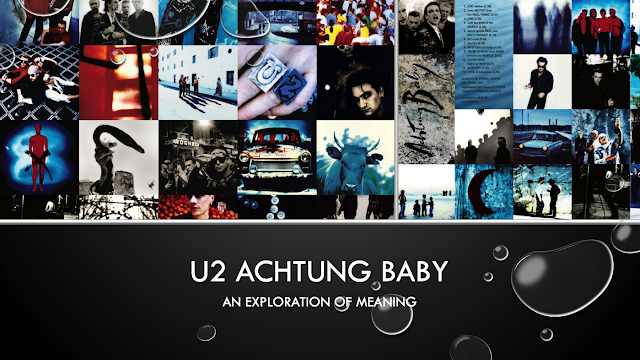Reading Journal #4: Villette by Charlotte Brontë (ENG 436)
Reading Journal #4: Charlotte Brontë’s Villette
I enjoyed returning to Brontë’s work after reading Harriet Martineau. Brontë’s writing style feels more accessible and flows better/faster. This novel shares similarities with Brontë’s Jane Eyre, but those similarities are very general.
Lucy Snowe, the main character in Villette, like Jane is a poor, an orphan, and finds employment as both a governess and a teacher. However, the similarities end there. Lucy’s internal dialogue, the narration she provides, and her description of events is very different from the way Jane’s story unfolds. Lucy is far more judgmental and much more confident in herself. She makes choices and judgments without hesitation. She is blunt in her manner of speech and is not afraid to take risks. Her story is also very different. Most notably, she doesn’t find happiness in love. Instead, she is dogged by loss, solitude, and suffering from beginning to end. Her strength, that inner fortitude that empowers her to forge ahead under all circumstances is my favorite aspect of her character. Lucy’s willingness to take risks becomes apparent early in the novel as she gathers her few belongings and her severance pay from working for miss (dead lady) and decides to travel to London to find a future. Upon arriving in London, she explores for a few days without success and makes the drastic decision to travel to the European continent to find employment. She has no plan whatsoever and boards a ship at night to cross the English Channel. Her first conversation with Ginevra is revelatory because it is in this dialogue that the reader finds out that Lucy has no plan whatsoever. Fortuitously, Ginevra shares a story about Villette and the school she attends in her conversation with Lucy and thereby provides a target location for Lucy’s travels.
Through a series of other such fortuitous events and lucky coincidences Lucy manages to find work for Madame Beck. This period of her life as both a governess and a teacher provide an opportunity for Lucy to stretch and grow, but in a way very different from that of Jane Eyre. Lucy makes definitive choices about who she spends time with and tasks she undertakes. When Madame Beck challenges her to teach English, she is initially hesitant, but she decides very deliberately to move forward and once the decision is made, she is fully committed. Lucy is remarkably good at evaluating her circumstance and finding the centers of gravity for her situation. Her initial moments in the classroom when she tears up the work of one informal leader of the difficult group of students and locks another in the closet prove her decisive and evaluative capability. While locking students in a closet or shaming them by destroying their inferior work in front of their classmates is not a recommended teaching technique today (or probably ever), it does provide a good look at Lucy’s determination and results-based analytical capacity.
Lucy, while strong and determined in her actions, is less dependable as a narrator. She fails to share with the reader that she recognized Dr. John as young Graham from her childhood until the first chapter of the novel’s second volume. This is both a questionable choice from a storytelling aspect, but it also calls into question Dr. John himself. Only ten years have passed since he lived with Lucy in his old home in England. It strikes me as odd that he would be so obtuse as to not recognize her when she’s the English teacher at Madame Beck’s school—and she is using the same name! For me, I thought this could have been done differently.
Despite the many romantic twists and turns and love stories that begin and end within the covers of this novel, I found Lucy’s to be the most rewarding to read—even though it ends in tragedy. The complexity of Lucy’s relationship with Paul Emmanuel and the various people that are determined to come between them makes for a great story. I found myself rooting for the pair and alternately understanding the motivations of the interlopers and hating them for their selfishness. I cheered when Paul scolded Madame Beck and sent her from the room and when he first showed Lucy her new school building and small apartment. I Knew from class discussion that Paul would not survive and that the relationship was doomed, but I cheered for it anyway.
Villette was a pleasant read and different enough from Jane Eyre that I consider them completely different despite their similarities. I’m not sure which novel I like better—I’ll have to think about that for a while—but, right now, I’m leaning in favor of Villette and of Lucy Snowe.
Work Cited
Brontë, Charlotte. Villette. 1853. Oxford UP, 2008.


